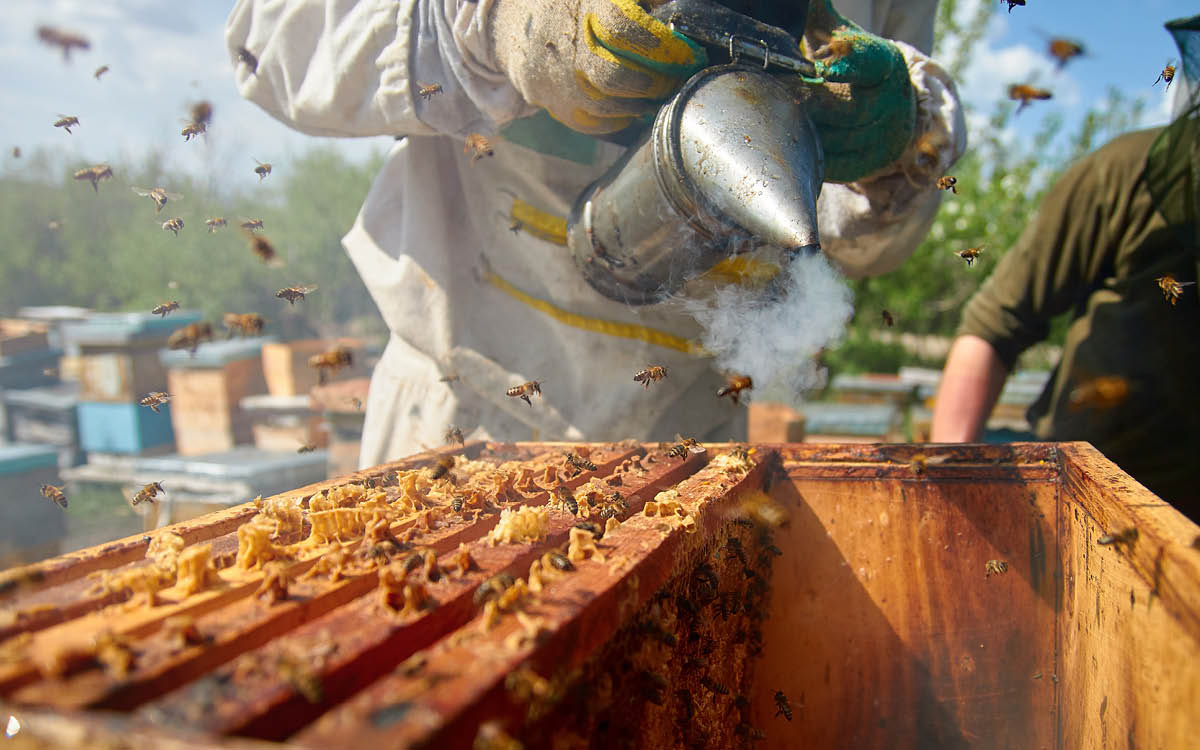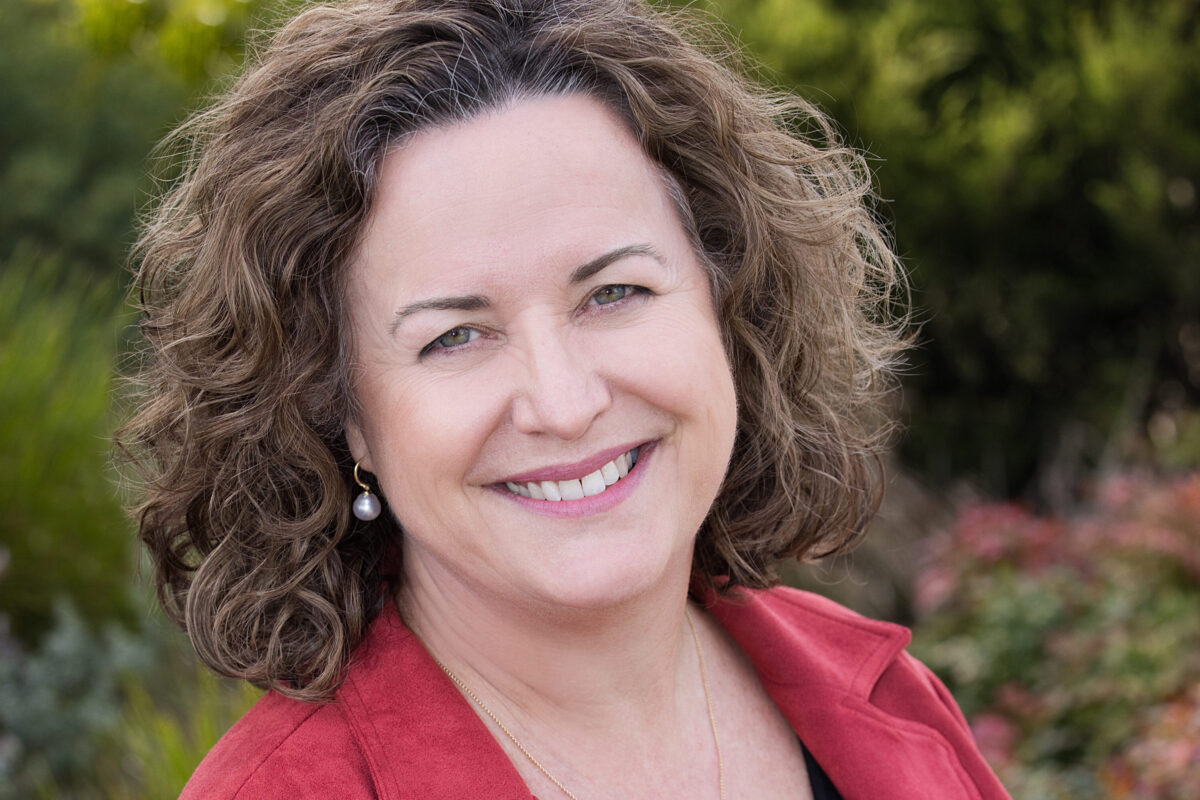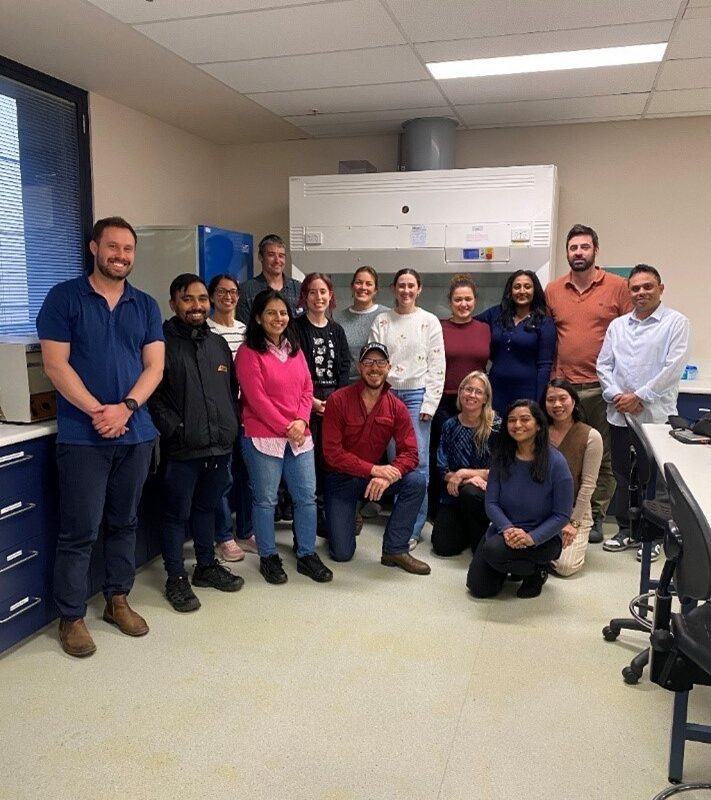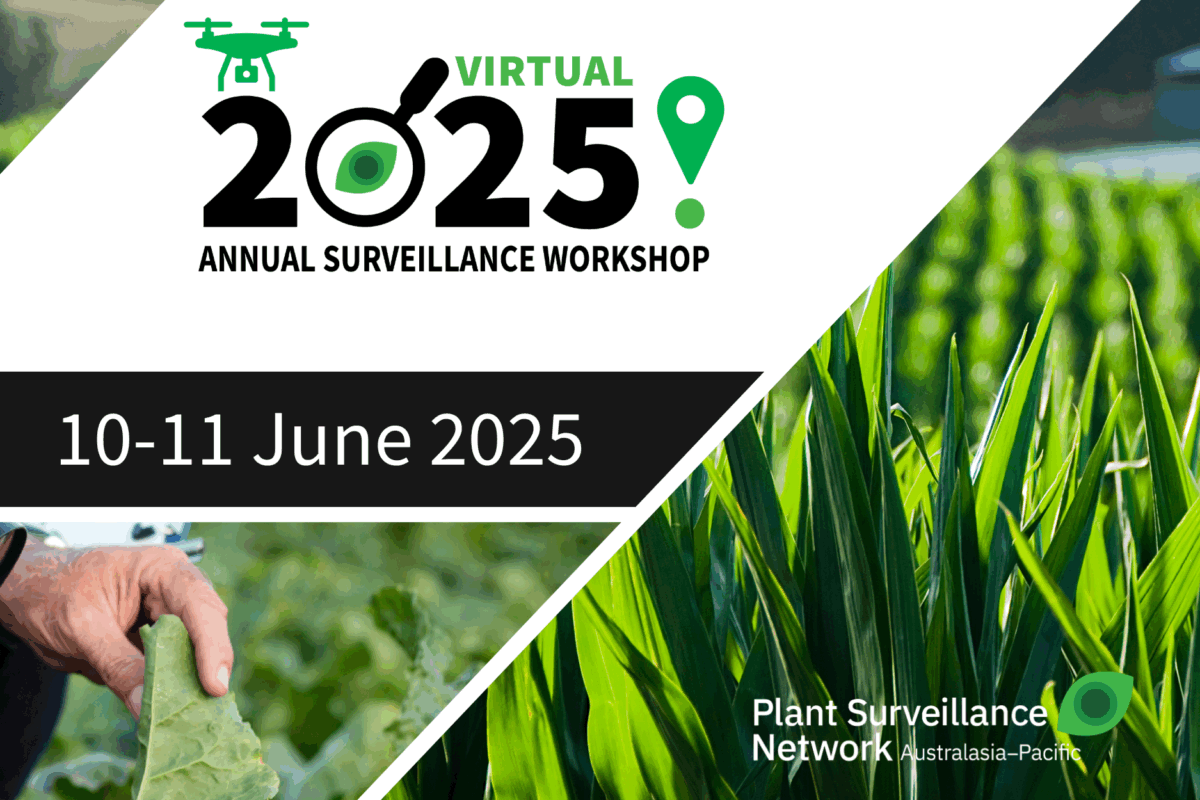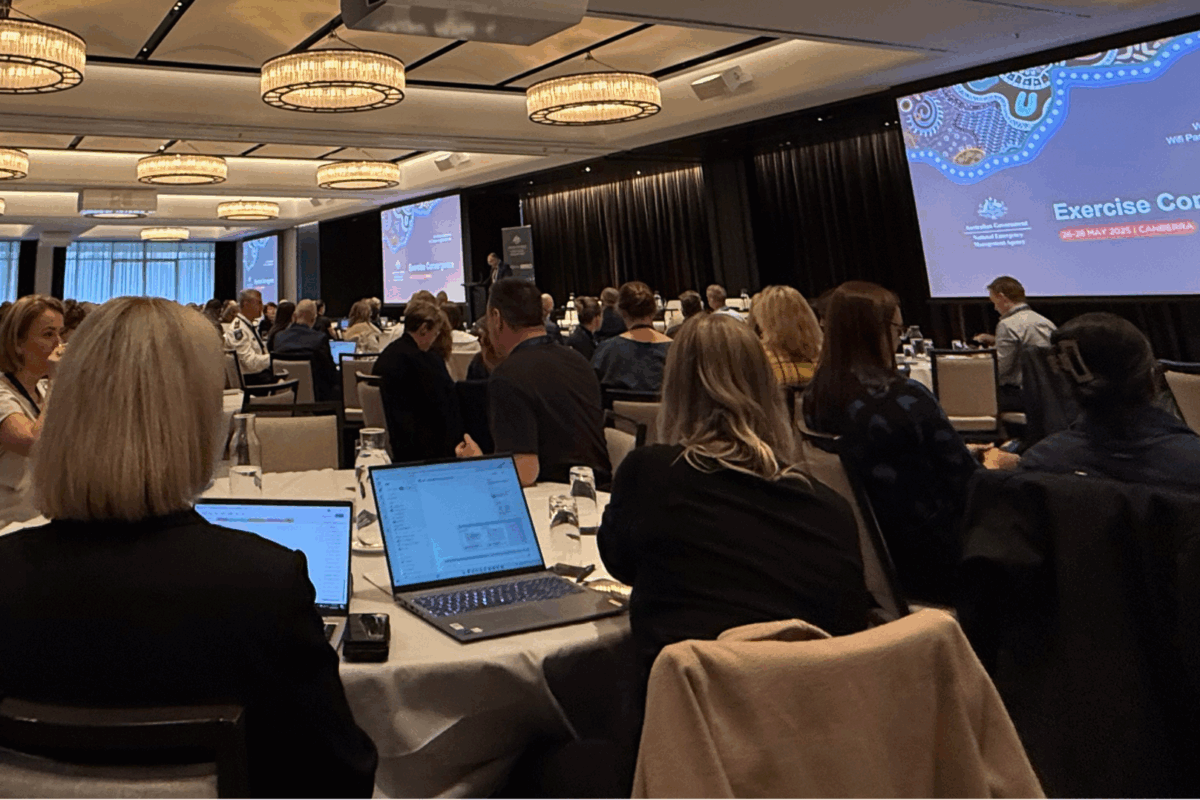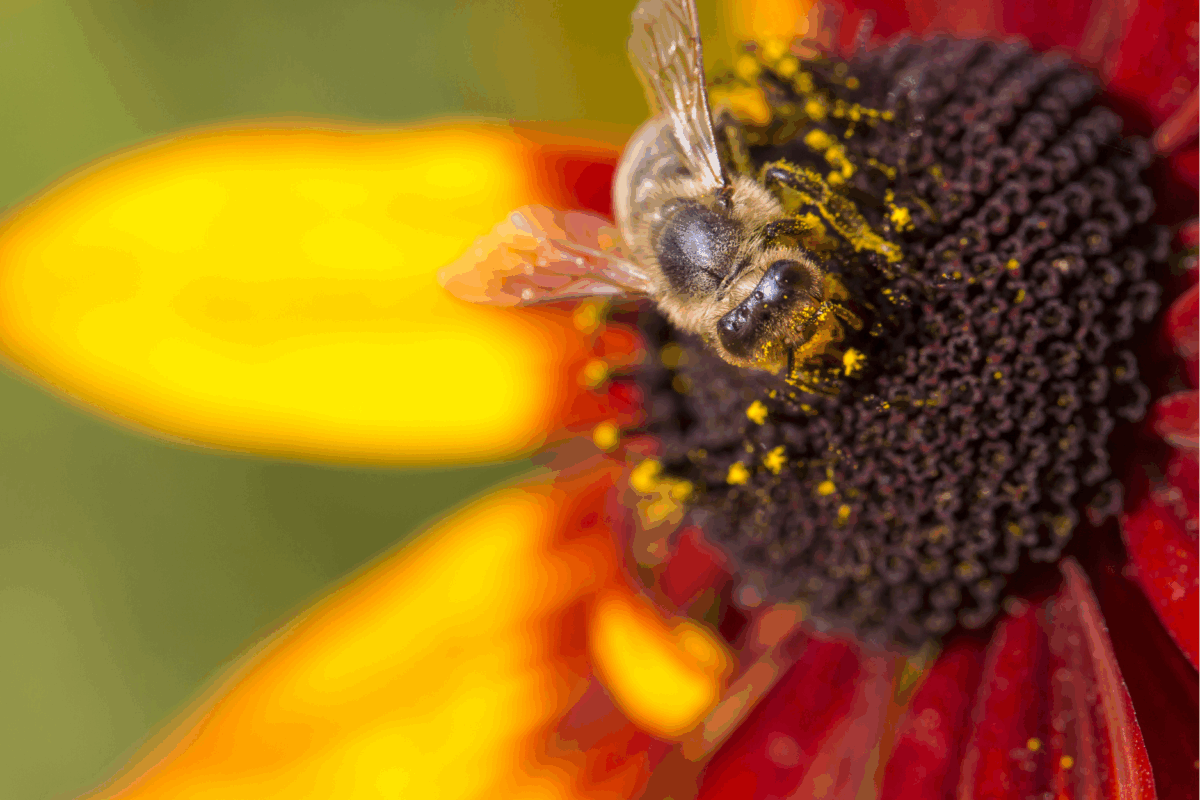Healthy honey bees support melon industry
Healthy bees play a vital role in Australia’s $172.9M melon industry, with cross-pollination a valuable contributor to crop produce. Watermelon, rockmelon and honeydew melon are commonly grown in Australia and are all dependent on insect pollination to produce large evenly shaped fruit.
The melon industry continues to partner with the honeybee industry, through Hort Innovation, to build a strong biosecurity system through their investment in the National Bee Pest Surveillance Program (NBPSP).
Delivered by Plant Health Australia (PHA) with additional funding from state and territory governments, the Australian Government, the Australian Honey Levy and Grain Producers Australia (GPA), the NBPSP supports early detection for high priority exotic bee pests, including Varroa mite, Tropilaelaps mite and Tracheal mite.
The NBPSP is an early warning system that uses a range of surveillance methods at seaports and airports throughout Australia, since these are the most likely entry points for honey bee pests and pest bees. Surveillance at additional ports is also provided through in-kind contributions by state and territory governments.
“The program ensures Australia has an early warning system in place to protect our valuable honey bee health status,” said Dr Lucy Tran-Nguyen, PHA’s General Manager, Partnerships and Innovation.
“We will continue to focus on safeguarding honey bees from high impact pests to give us the best chance of maintaining the supply of healthy pollinators for plant industries,” said Dr Tran-Nguyen.
Various surveillance tactics employed in the program include monitoring live (sentinel) hives for pests and diseases, catchboxes to capture swarms, rainbow bee-eater pellet analysis and aerial pheromone ballooning to pick up new species of bees and using nets to sweep flowering plants to capture any foraging bees near ports.
These techniques are fit for purpose and consider learnings from past experiences to improve the efficiency and delivery of surveillance at each of the port locations.
In 2023, more than 4,080 surveillance activities targeting exotic bee pests and exotic bees were conducted, including:
- 1,530 catchbox inspections for the presence of European honey bees or Asian honey bees
- 733 frame inspections for large African hive beetle, braula fly and small hive beetle
- 625 additional surveillance activities such as sugar shake, alcohol wash or drone capping
- 605 sticky mat inspections for external bee mites
- 209 small hive beetle traps deployed in the Northern Territory, Western Australia and Tasmania
- 178 tracheal mite sample collections
- 137 floral sweep netting evets targeting foraging bees
- 48 rainbow bee eater pellet collections
- 9 swarm captures including those found in catchboxes
- 8 aerial ballooning events.
While PHA has coordinated the delivery of the NBPSP for the past 10 years, bee pest surveillance in Australia has been underway for over two decades with the first sentinel hive inspections occurring in the late 90s. Today, PHA as the national coordinator for the plant biosecurity system, works with the melon industry to manage biosecurity risks and pollination needs.
The latest three-year iteration of the NBPSP commenced in December 2021 and ends in December 2024. The program will continue to focus on a consistent national approach for the early detection of target bee pests and diseases.
Melon growers are urged to report any unusual plant or bee pests and diseases through the Exotic Plant Pest Hotline (1800 084 881). Early reporting increases the chance of effective control and eradication.
Reporting unusual symptoms or unexplained colony deaths, by working closely with beekeepers pollinating your crops will also assist in building knowledge and may provide vital clues needed to identify a new pest and stop it spreading to surrounding bee populations.
The NBPSP is funded by Hort Innovation using research and development levies of 14 horticultural industries, with significant co-investment from states and territories and contributions from the Australian Honey Bee Levy, Grain Producers Australia and the Australian Government. The NBPSP is coordinated by Plant Health Australia and delivered by states and Northern Territory government.
